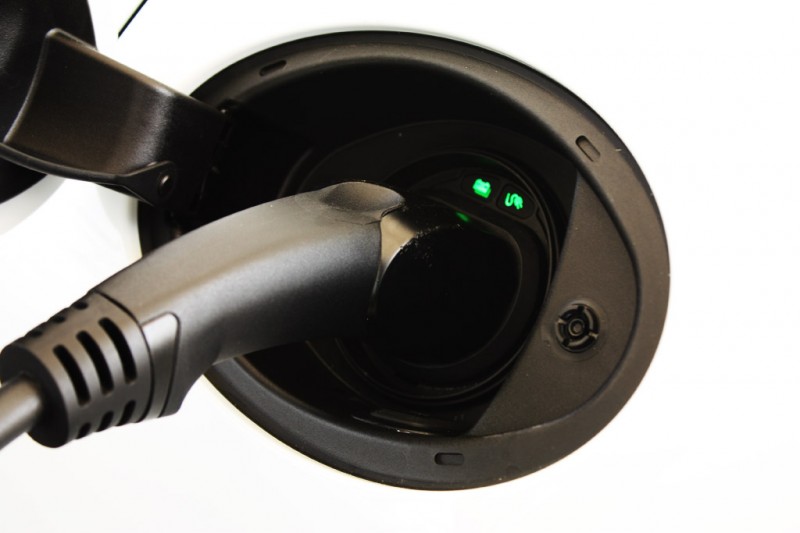Funding from government to install ‘green infrastructure’ across the country has been met with mixed views. None are more blatant than those views expressed by certain councillors in the Barrow Borough Council.
Dave Pidduck, leader of Barrow Borough Council, says the money should be used elsewhere and could be better spent on other things which he feels should take priority over ‘green infrastructure’, though he added that he is not against ‘green’ technology.
The government funding would see a share of the £750,000 set aside purely for the task of making the UK a centre of green motoring and excellence, by providing early adopters the infrastructure they need to get around the country. Not only that, but getting in early is being seen as a golden opportunity to make the UK one of the most accessible nations for electric motoring.
However, the councillor mentioned four individual projects within the borough that he would have liked to see get the money ahead of electric charging points that, he believes, nobody would use.
Certainly, there is a case to be made that if councils were given one single large pot for everything then the councillors pleas would be met, but the reality is that government funding to councils works in a different way entirely. Providing money to several different pots, dedicated to spending on specific areas of interest. For example, funding would be set aside specifically for the purpose of road repairs – whether it was enough to cover the expenses or not.
The councillor went onto to add that the council were facing cuts in other areas, such as the fire department, whereas the electric car charging infrastructure was well funded by comparison which he feels is a waste of money.
Despite the announcement of cuts in funding to many other areas, the county authority has been charged with the task of installing green technology across Cumbria, including Barrow, Millom, Kendal, Penrith, Carlisle, Maryport, Workington, Whitehaven, Cockermouth and Keswick.
Furthermore, the council has plans to not only install the infrastructure, but to use it as well. An order for 15 electric cars is due to be placed later in the year which is meant to aid the council in reducing their carbon footprint for their fleet of vehicles.
At present, Cumbria is a black spot for electric vehicle owners with next to no public charge points available in the area at all. The new funding is designed to change that and make the county more accessible to all.
Opinions are very much divided, with some councillors suggesting that electric cars are a waste of time in rural areas and a “gimmick”.
In many other remote locations, such as Northumberland and Wales, electric charging infrastructure has had a positive effect on tourism. An example is in the lake district where there is already in place a network of electric bikes designed to bring peace and tranquillity to the shores of the lakes for tourists and residents to enjoy.
What are your thoughts on government spending for electric and ‘green’ infrastructure? We welcome your comments below.
Original article published: PLANS TO SPEND £750,000 ON ELECTRIC CAR CHARGING POINTS IN CUMBRIA

